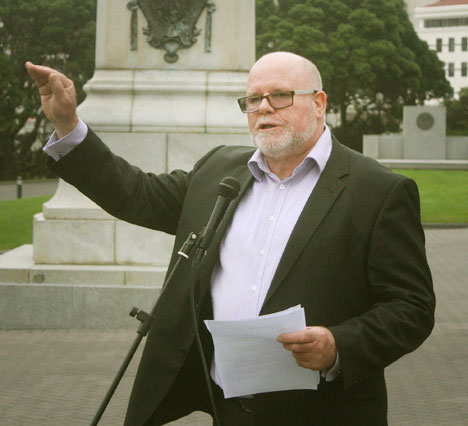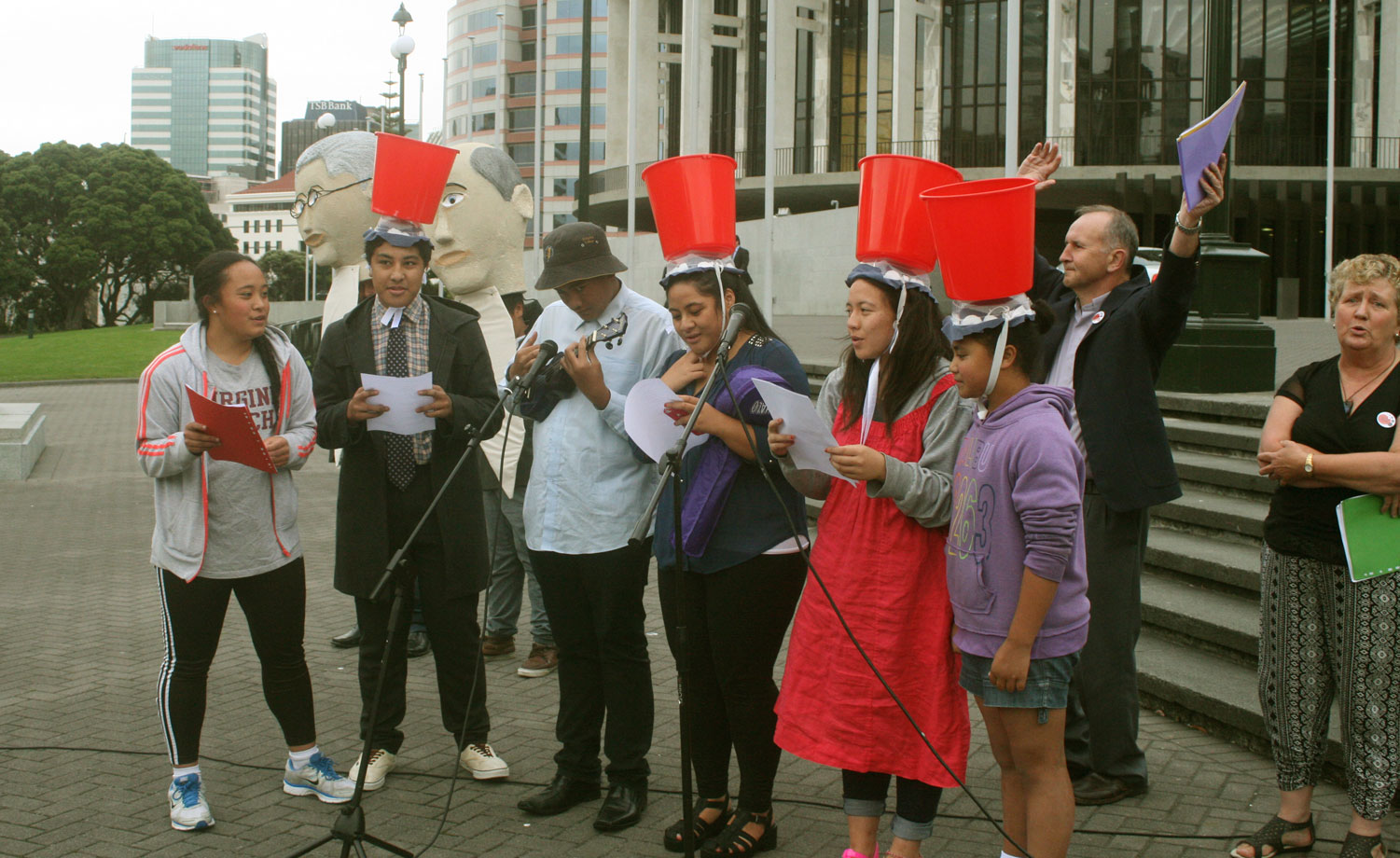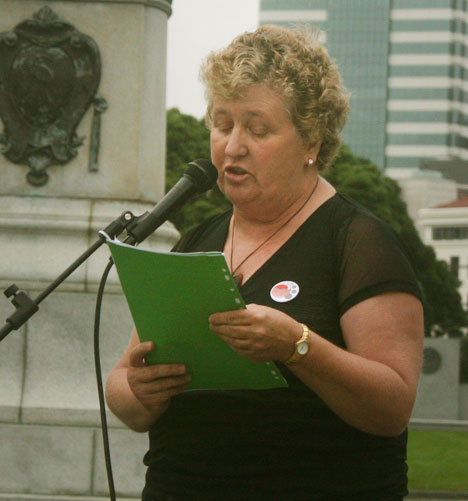 News
News
April 2014
Cecily McNeill
The New Zealand Council of Christian Social Services CEO Trevor McGlinchey told the gathering members working at the grassroots of social services say their communities aren’t feeling the impact of New Zealand’s ‘rock star economy’. Instead they are seeing:
- Families who don’t have enough resources – the queues to get budget advice are getting longer, but it’s not the budgets that are the problem, it is the lack of income.
- Many families are making hard choices about whether to pay the rent, the power bill or buy food.
- Food often misses out and the number of food parcels being handed out continues to grow.
- Families are living in cold, damp and overcrowded homes.
- This kind of poverty is putting real stress on families and the demand for family counselling and for support for those with depression and other mental health problems is increasing.
- The flow-on effect of the impacts of this level of poverty and stress is seen in the family violence statistics in many of our communities.
- The impact of poor nutrition, the diseases of poverty and living in families experiencing stress is impacting on our children – our future leaders may be condemned to repeat the cycles of poverty and exclusion.
We have been gathering the data and the stories from our networks since the beginning of the Global Finan cial Crisis. In the beginning we saw a rapid increase in demand for services and support as families were unable to maintain themselves. This huge acceleration in needs has levelled off and now we are seeing a constant high level of demand.
cial Crisis. In the beginning we saw a rapid increase in demand for services and support as families were unable to maintain themselves. This huge acceleration in needs has levelled off and now we are seeing a constant high level of demand.
Mr McGlinchey said social service workers know that working to help families make a change in their lives, one family at a time, is not enough. They see the impact of poverty on the social structure and know that ‘unequal societies lack the social capacity to support health and wellbeing for children and families’.
‘Our members are calling for the kind of structural change that will reduce the level of poverty in our communities, see our nation’s riches more equally shared and our families and our children living with dignity and growing strong.’
 An advocate for beneficiaries and low-income earners dealing with Work and Income, Teresa Homan, said she had heard a Work and Income case worker ask someone if they had a good reason why they needed a phone.
An advocate for beneficiaries and low-income earners dealing with Work and Income, Teresa Homan, said she had heard a Work and Income case worker ask someone if they had a good reason why they needed a phone.
‘I’ve sat with people who are told that they cannot have assistance for bond and rent because the only rental accommodation they have struggled to secure will be too much for them and will put them into debt. They are told to find cheaper accommodation and if this means moving out of the area they live in and taking their children out of the school, then this is what they will need to do.
‘I regularly hear people who are seeking extra help for high rent being asked where they can make savings in their budget. When they understand the demand being made of them, they offer to turn off their lights more often, go to bed earlier to save heating costs, do less washing, walk to reduce petrol costs. I’ve heard young mums promising to buy cheaper nappies. Many people tell me that they cannot afford fruit and meat. They sacrifice food so their children can sometimes take part in some social activity.’